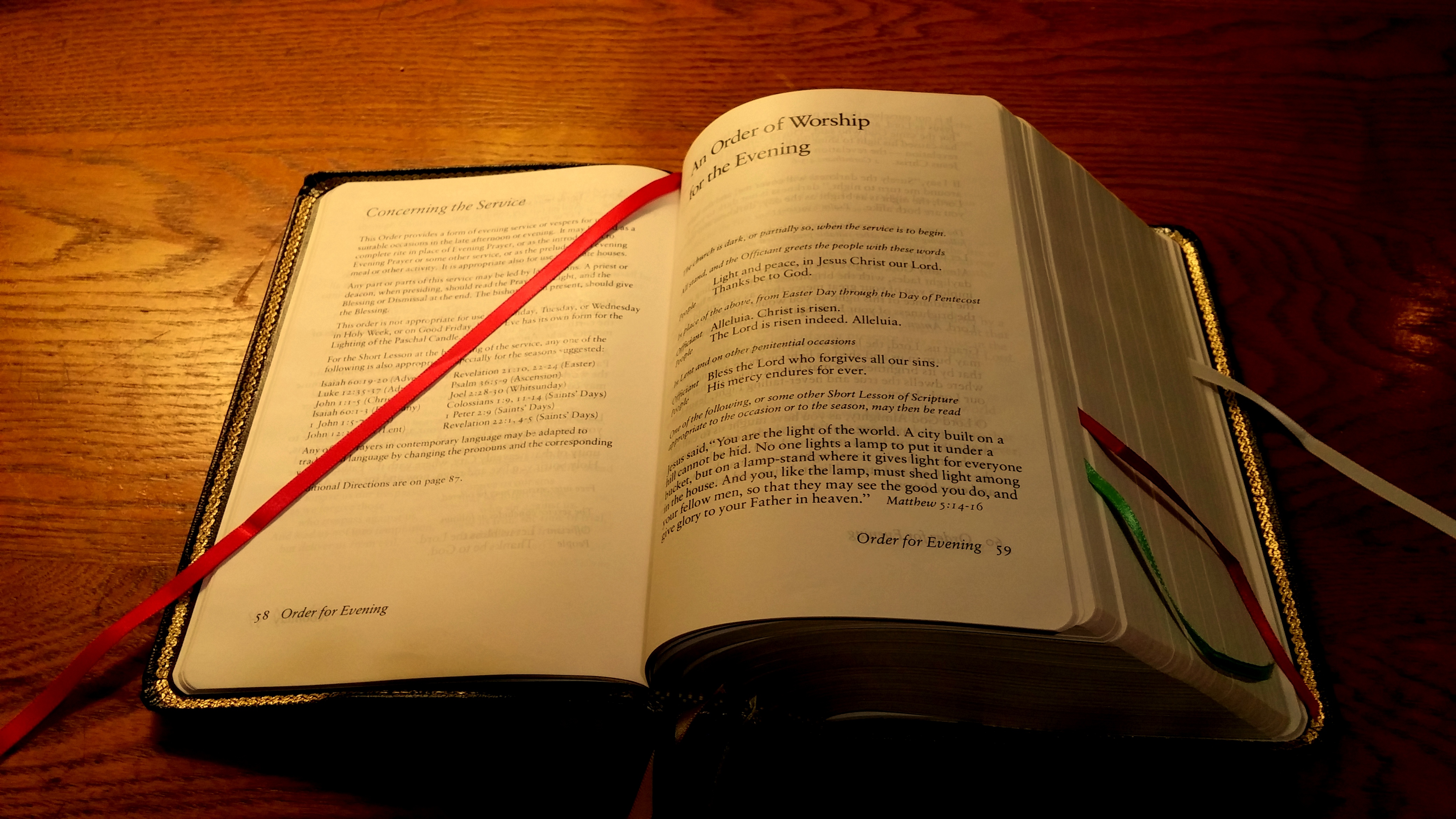This post details my experience of Session Five of the Towards Ordained Ministry course. See my previous posts about session one, two and four to find out what the TOM course is.
--
Spirituality - Will you be diligent in prayer, in reading holy Scripture, and in all studies that will deepen your faith, and fit you to bear witness to the truth of the Gospel?
He started with the classic reassurance that we all struggle and wrestle with prayer, and there is no such thing as a expert in prayer, followed by the hackneyed but true "pray as you can, not as you can't".
A bit of background on him and his experience of prayer started with his training at Mirfield, where he learnt monastic prayer, which is regular, communal and supportive. Once he left the community, he had to find a new way to pray, and he explained three ways he has found useful.
One is apostolic, or 'on the go', which is living in a prayerful way, going out in the world but always being firmly based in an underlying spirituality.
 The second is the daily office which is tool that you can hold onto, and he has found it has rooted him; morning prayer is a great place to start the day and go out from; and not being able to choose favourite chunks of scripture is good, being given them means you engage more thoroughly.
The second is the daily office which is tool that you can hold onto, and he has found it has rooted him; morning prayer is a great place to start the day and go out from; and not being able to choose favourite chunks of scripture is good, being given them means you engage more thoroughly.And the third is an annual retreat, always finding space for it every year.

He asked us to discuss with our neighbours "What does prayer mean to you?" and the answers that were fed back included
- liturgical vs charismatic prayer has a difference for each of us
- the acronym PACTS is useful - Pause, Adore, Confess, Thank, Supplicate
- there are examples to follow in the Bible
- working in a church really cements the difference of private vs corporate
- pastoral, with people in the moment
- discipline as there is no substitute
- bring everything to God including the mess
- we don't have to pretend and yet we are still loved
- there is space for spiritual gifts as different expressions of awe
- not just speaking to God as Father but also approach as Creator
- counter to common perception, it is not just asking but more being in the presence
There are very different ways to pray but one can't disagree with somebody's else's way - it's not wrong. just not right for me. Church buildings soak up prayer and cathedrals are saturated with it, but the key to any type is 'is God being honoured'? The "gift of the CofE" is that that can be done in many traditions! If God is worshipped, disagreeing with a tradition is meaningless.
So what works for somebody comes from who they are; the sort of person I am invites me to pray in a certain way. All personality preferences are valid (though you can take it too far) as God will not desert us where ever we are. We are entering into the presence of God, putting ourselves in the way of God, by and for finding ourselves in that presence.
There are dangers in praying, pitfalls we can easily fall into, such as telling God what to do, avoiding getting things done ourselves, and also in such environments like prayer groups, falling into gossiping. There's also a lot of complexity around prayers for healing, and Neil only touched briefly on the subject, basically saying that miracles do happen but there are no simple answers and ultimately it boils down to "Thy will be done".
He moved on to 'ministerial development review' and the question of how one went about judging a priest's prayer life, but basically, in an intangible way, people do just 'know' if their priest is praying. More tangible measurements are questions like 'who supports you in your prayer life?' which he posed to us and some answers that came back included:
- spiritual director
- having a day off
- I said my agnostic/atheist boyfriend and a woman across the room empathised that her similar husband had also helped her
- tools eg emails, apps - structure
- other broken people you can't fix
- room mates who are also 'bad at prayer', collectively providing accountability
- church prayer ministry team
- being around someone who is themselves disciplined, by example or 'osmosis' as it were
- social media - both friends and strangers
We finished with as form of praying scripture (Mark 9.2-29) which wasn't really for me but I did get an interesting moment or two out of it.
--
The previous sessions were:
- Authority - Do you accept the discipline of this Church and give due respect to those in authority?
- The Bible - Do you accept the holy Scriptures as revealing all things necessary for eternal salvation through faith in Jesus Christ?
- Doctrine - [I missed this one] Do you believe the doctrine of the Christian faith as the Church of England has received it, and in your ministry will you expound and teach it?
- Ministry - Will you be a faithful servant in the household of God, after the example of Christ, who came not to be served but to serve?
The last one will be:
- Mission - Will you lead Christ’s people in proclaiming his glorious gospel, so that the good news of salvation may be heard in every place?


No comments:
Post a Comment